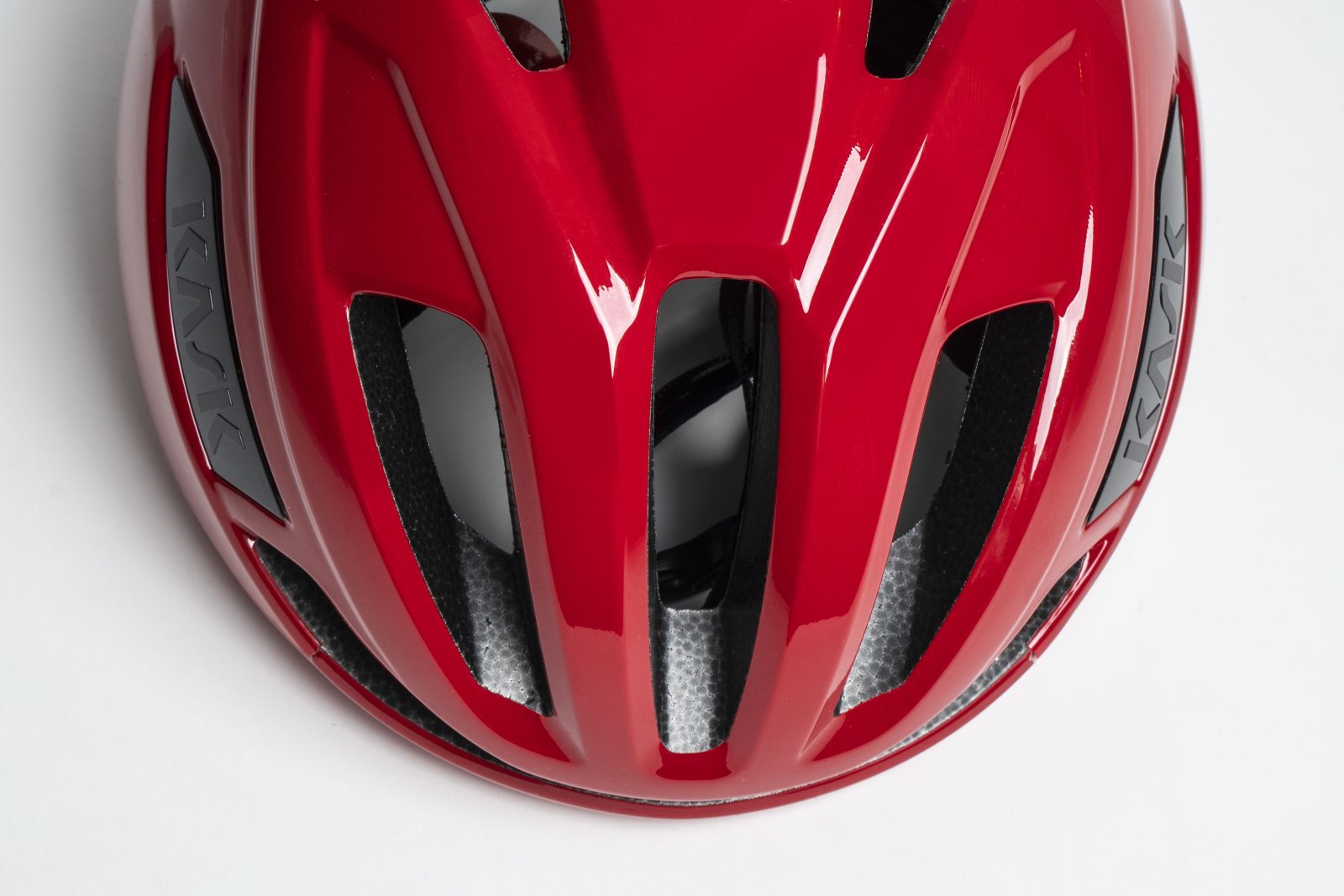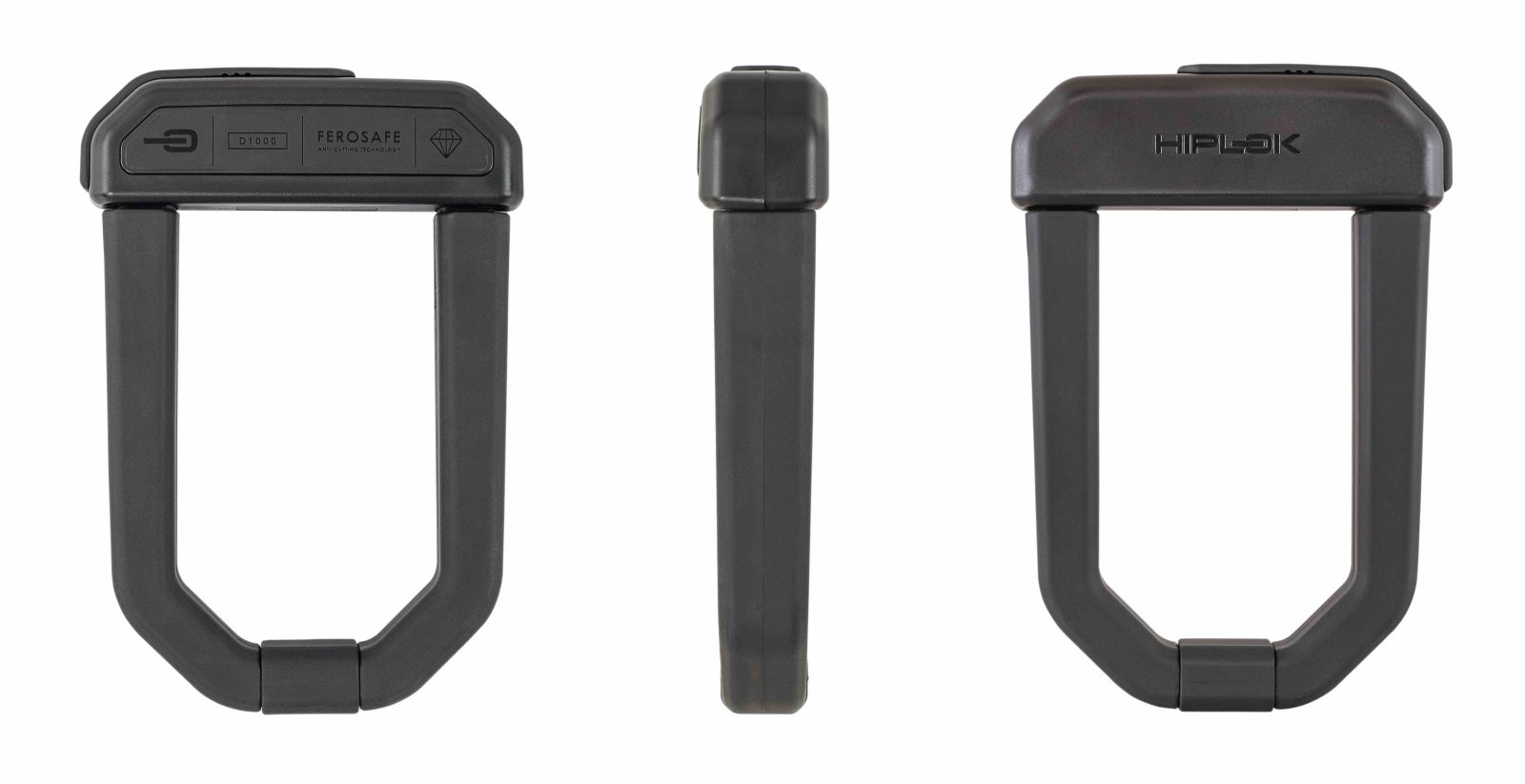There are plenty of coconut-based nutrition products on the market. But does the coconut deserve to be called a cycling superfood?
It’s not always easy to determine the best food to eat, especially when there’s so much conflicting advice on what you should or shouldn’t consume before, during and after a ride. It doesn’t help when the experts – or sometimes the marketing teams at sports nutrition companies – foist upon you the latest ‘miracle food’ that will help you break all your previous PBs and live to be 120.
A recent example is the humble coconut – suddenly it’s everywhere. Coconut milk, water, oil, flakes, even dried coconut snacks… it seems as if you should be smashing through the hard shell and sucking out all the goodness immediately if you don’t want to be left behind on the club run. Or so we’re led to believe. But is it actually true?
Of course there are different parts to a coconut. First, there’s the flesh from the nut itself. ‘That’s not something we often use because it can be hard to digest,’ says Nigel Mitchell, head of nutrition at Team Sky. ‘But we use the oil for making rice cakes because it has good flavour and contains a mix of good fats.’
More on that later, but you can also simply drink coconut water – the juice from inside – or create milk, which is the juice blended with the flesh.
‘The real advantage of these is the natural balance of electrolytes,’ Mitchell says. ‘We use them both as a general drink for rehydration.’
These electrolytes – ions in the body that maintain our balance of fluids and help cells and organs function – include potassium, iron and magnesium. Coconut is also a good source of B-vitamins, which play an important role in breaking down food for energy.
Coconut milk contains far more of these vitamins and electrolytes thanks to the inclusion of the flesh, but it can be harder to digest than coconut water.
And there is another word of caution. ‘In terms of potassium, coconut water is on a par with the equivalent weight of banana,’ says Anita Bean, nutritionist and author of Food For Fitness. ‘The big disadvantage is that, comparatively, it’s so expensive.’
She adds that there have been relatively few studies into the benefits of coconut water when it comes to rehydrating you, but that three – all funded by coconut water manufacturers – found it hydrates you ‘as well as water or sports drinks. But it’s no better than either, so it depends whether you’re a glass half-empty or half-full sort of person. There’s potentially a lot of marketing spin.’
Yet there is another key ingredient that can be of benefit – and its identity may surprise you.
Don’t fight the fat
‘As a nut it’s high in fat – specifically saturated fat,’ says sports nutritionist Adam Carey. ‘But it’s not the same as you get in animal products. It’s a medium-chain triglyceride, which means it tends not to be stored – it’s a fat that goes straight to the liver and is metabolised quickly. It’s converted into ketone bodies [compounds produced by the liver as part of fatty acid metabolism] and is a great additional source of fuel.’

This is significant, Carey says, because we often rely too much on carbohydrate for supplying energy: ‘In terms of fuel reserves, we should be using more fat. If you weigh 70kg and have body fat of 10%, that’s 7,000g of fat you have to draw on. The muscles can only store around 300-400g of glycogen from carbohydrates to use for energy. Plus each gram of fat is worth twice as much as each gram of sugar in terms of energy production, so burning fat is an important thing to be doing.’
Bean agrees, to a point. ‘Fat is the primary fuel for low to medium-intensity training, but carbs are still the main fuel for high-intensity training, and no amount of coconut oil is going to improve performance in a race situation.’
There are other benefits, though. ‘Ketone bodies act to keep you feeling full,’ says Carey. ‘Your body is set up to cope with fasting – for much of history humans survived on one meal a day – and ketones also supply energy to the heart and brain. If you’re not overweight, saturated fat isn’t bad for you.’
Carey agrees that you do need carbohydrates as well: ‘Calories do matter – you’re going to need sugar to get up that big hill – but saturated fat is
a useful way of getting additional fuel.’
Nut so fast
The key is how you balance nutrients to maximise the benefits.Training our bodies to use all available fuel sources, through means such as ‘fasted training’,
is important for endurance events. This process, repeated over and over again,
is what makes you fitter. Carey suggests the medium-chain triglycerides found
in coconut can also be beneficial, and recommends cooking with coconut
oil the night before and maybe even drinking coconut milk during an event. ‘Training adaptation means you will get stronger and more powerful, plus your body composition may change for the better,’ Carey adds. ‘But when it comes to an event, you need to use all the fuel sources: muscle and liver glycogen plus medium-chain triglycerides.’
Just don’t overdo it. ‘Some people take coconut oil like medicine,’ says Bean. ‘It’s natural and great for cooking with, but I wouldn’t advise adding extra. The lauric acid [medium-chain triglyceride] it contains may help increase “good” HDL cholesterol but, again, there’s not a lot of evidence.’
‘There’s a lot of spin but not a lot of science,’ Carey says. ‘Coconut juice is mainly water. It contains electrolytes but there’s not a lot of sugar. Is it the optimal drink? Maybe not, but you can tinker with it to increase the sugar content.’
‘It’s also low in sodium, which is more important to replenish than potassium when you are dehydrated,’ says Bean. ‘You could add sugary squash and salt
to turn it into a sports drink, but that’s a lot of hassle and again it’s expensive.’
The choice is down to you, and your wallet. Just don’t let it drive you nuts.


